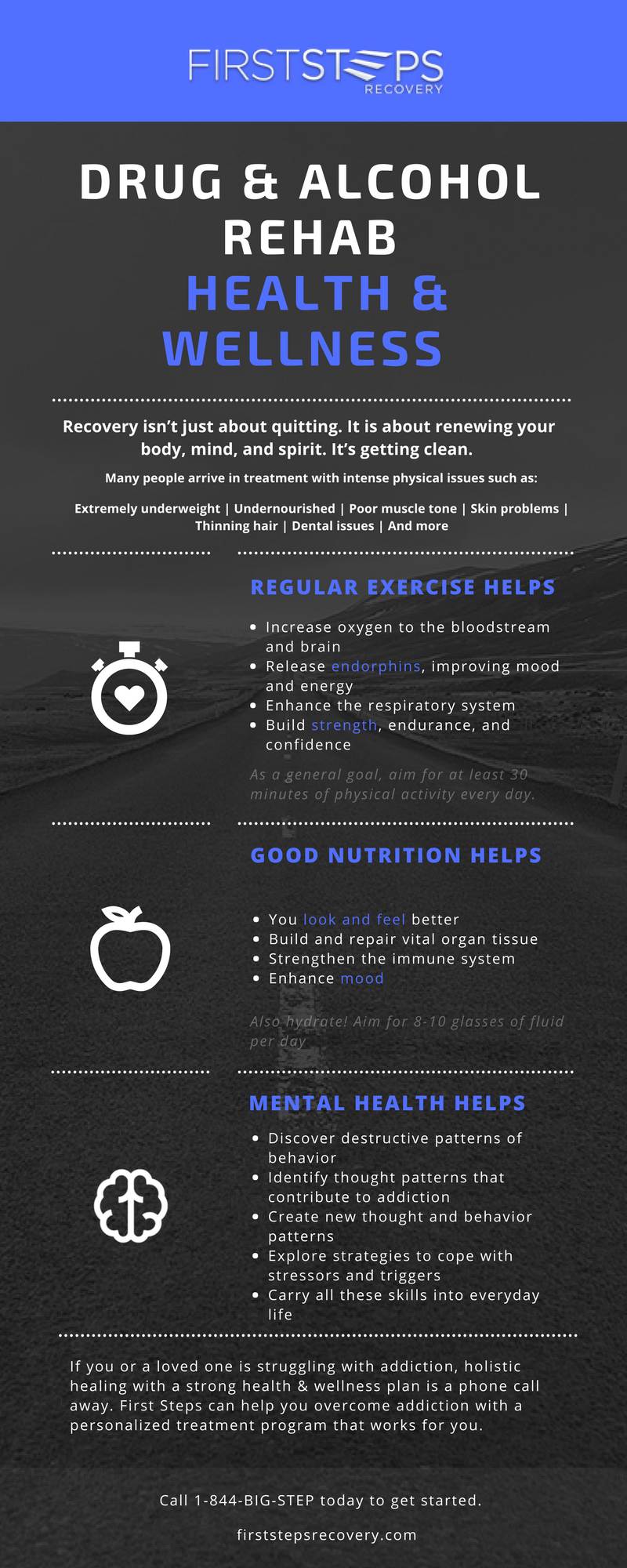Why Aftercare In Drug Rehabilitation Is Critical For Long-Lasting Recuperation. Discover Just How Support Systems Can Aid You Remain Sober And Develop A Meeting Life
Why Aftercare In Drug Rehabilitation Is Critical For Long-Lasting Recuperation. Discover Just How Support Systems Can Aid You Remain Sober And Develop A Meeting Life
Blog Article
Write-Up Created By-Brodersen McKenzie
You can not do it alone. Healing from drug addiction calls for a solid support system.
The relevance of aftercare in drug rehabilitation can not be overemphasized. In this short article, we will certainly discover the function of therapy, the benefits of treatment, and the structure provided by peer support groups in maintaining soberness.
So, grab a mug of coffee, sit back, and let us assist you with the essential steps of post-rehabilitation assistance.
The Role of Counseling in Aftercare
If you wish to preserve your soberness after leaving rehab, it's critical that you continue taking part in counseling sessions as part of your aftercare plan.
Therapy plays an important duty in your recuperation journey by offering ongoing support, support, and a secure room to reveal your sensations and worries.
With therapy, you can deal with any kind of underlying problems that might have contributed to your addiction, create dealing strategies, and learn much healthier methods to take care of stress and anxiety and desires.
It allows you to overcome any unsettled emotions and develop a far better understanding of on your own and your triggers.
The Benefits of Treatment in Preserving Sobriety
To keep your sobriety, treatment can give countless benefits.
- Therapy uses a risk-free room for you to explore and attend to the underlying issues that might have contributed to your dependency.
- It enables you to resolve your feelings and create much healthier means of managing stress and sets off.
- Through treatment, you can acquire a far better understanding of yourself and your patterns of behavior, which can help you make favorable adjustments in your life.
- Furthermore, treatment supplies you with a support group of specialists who are trained to direct and aid you on your journey to recuperation.
- They can use valuable insights, tools, and strategies to help you browse the difficulties that might emerge.
- In therapy, you can find out to develop healthy and balanced coping abilities, develop strength, and boost your total wellness.
Peer Support Groups: A Foundation for Lasting Recuperation
You can find lasting recuperation by proactively joining peer support groups and getting in touch with others who share similar experiences and goals.
Peer support groups provide a secure and non-judgmental space where people in recuperation can integrate to share their battles, successes, and insights. By actively taking part in these teams, you can get the support and encouragement you require to stay on the path of healing.
Connecting with others that have actually gone through comparable experiences can be unbelievably empowering, as it helps you understand that you aren't alone in your journey. It also allows you to gain from others that have actually successfully gotten over comparable obstacles. Together, you can commemorate milestones, hold each other accountable, and offer guidance and advice.
With these connections, you can construct a strong support system that will certainly help you browse the ups and downs of recuperation and eventually locate long lasting healing and change.
Verdict
You have actually learned about the essential role of aftercare in drug rehab. Counseling, therapy, and peer support groups contribute to lasting recovery. https://www.washingtonpost.com/politics/2021/11/18/biden-drug-czar-wants-expand-use-addiction-medication/ 's an astonishing fact to realize the magnitude of the problem: studies reveal that individuals who obtain aftercare treatment are 50% more probable to keep soberness compared to those who do not.
So, think of the transformative power of these support group in assisting individuals redeem their lives and construct a brighter, drug-free future.
